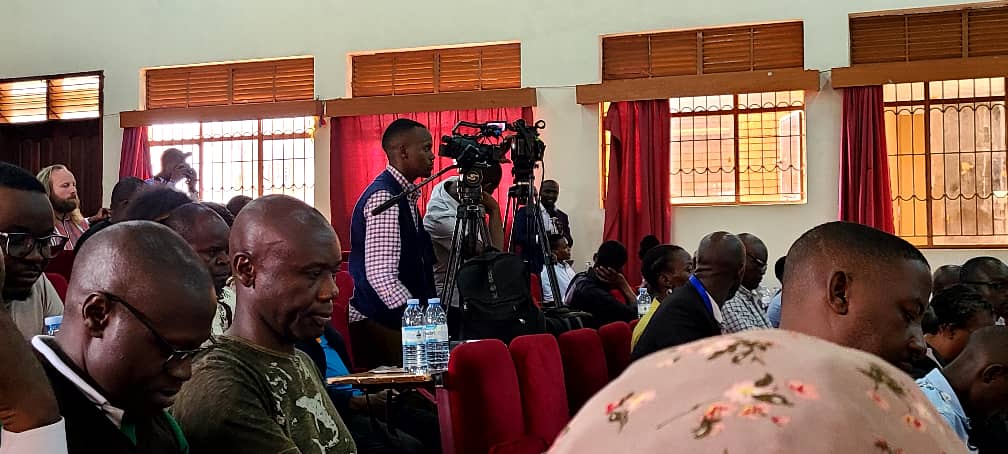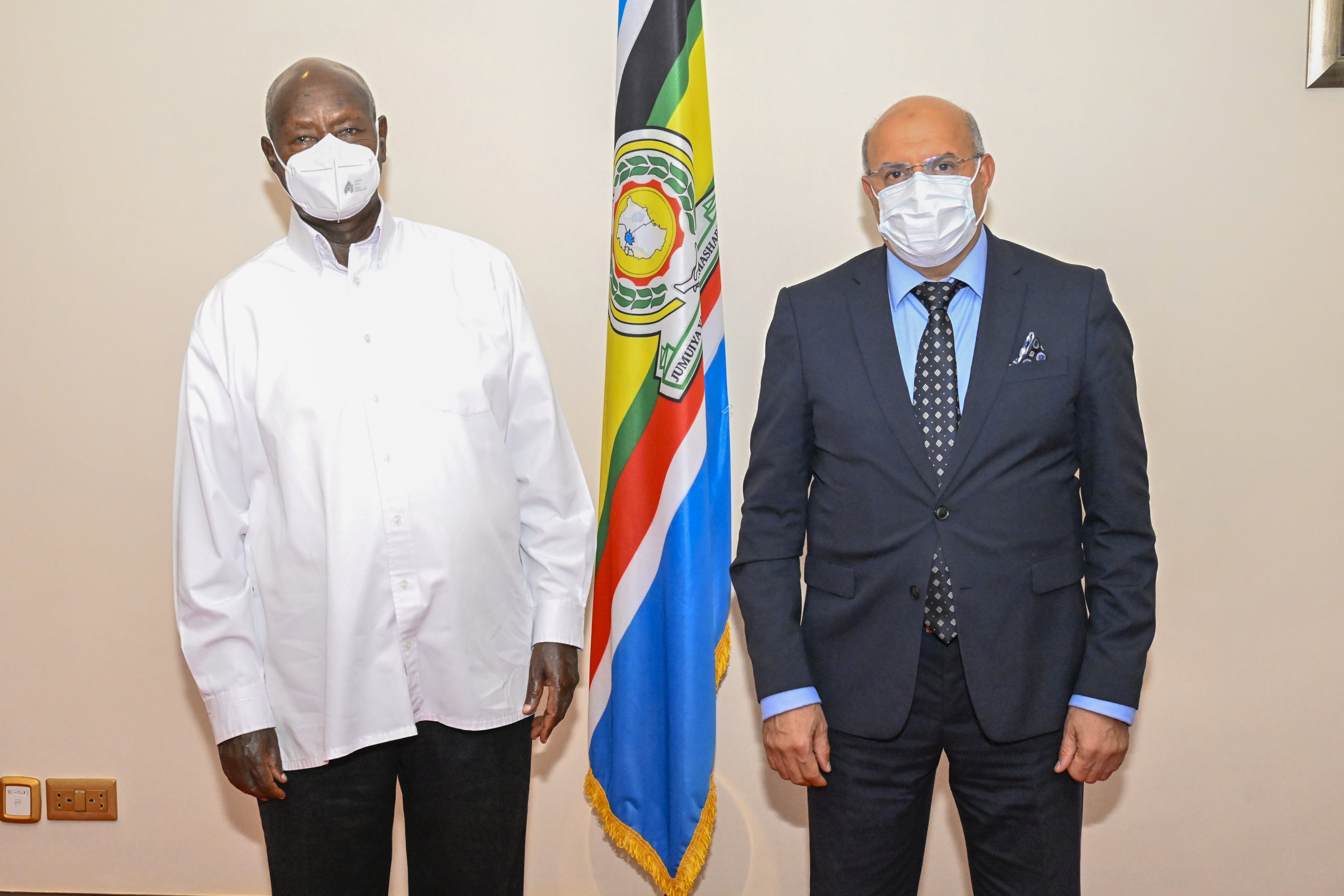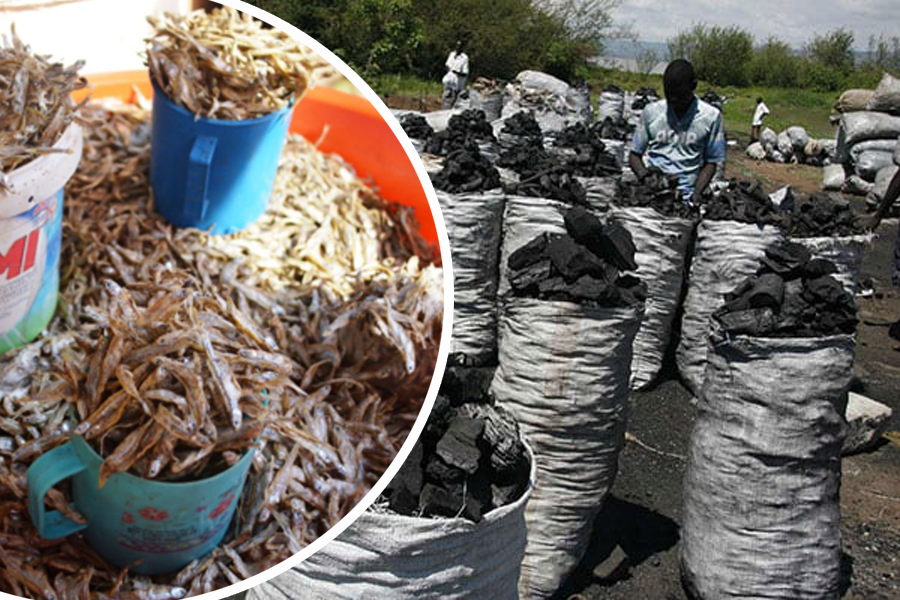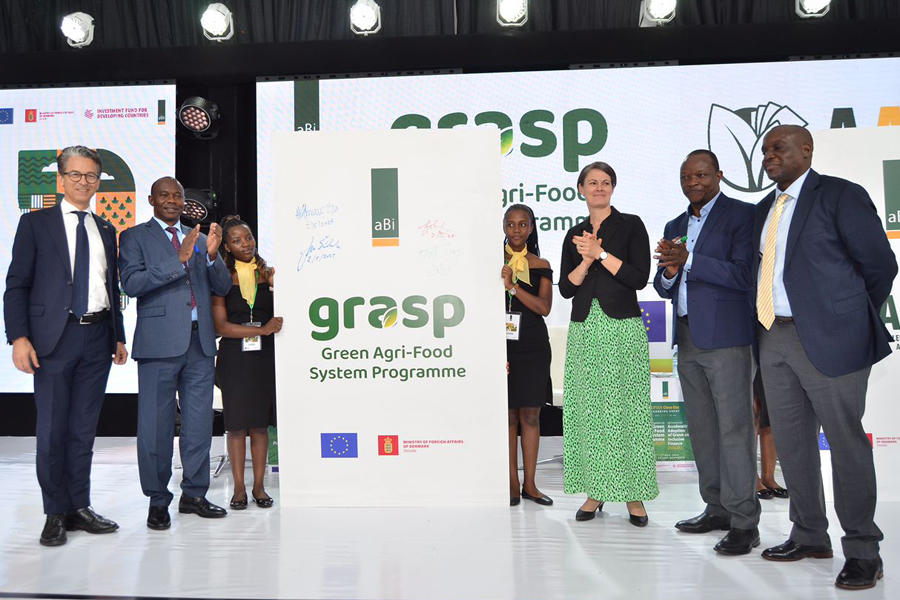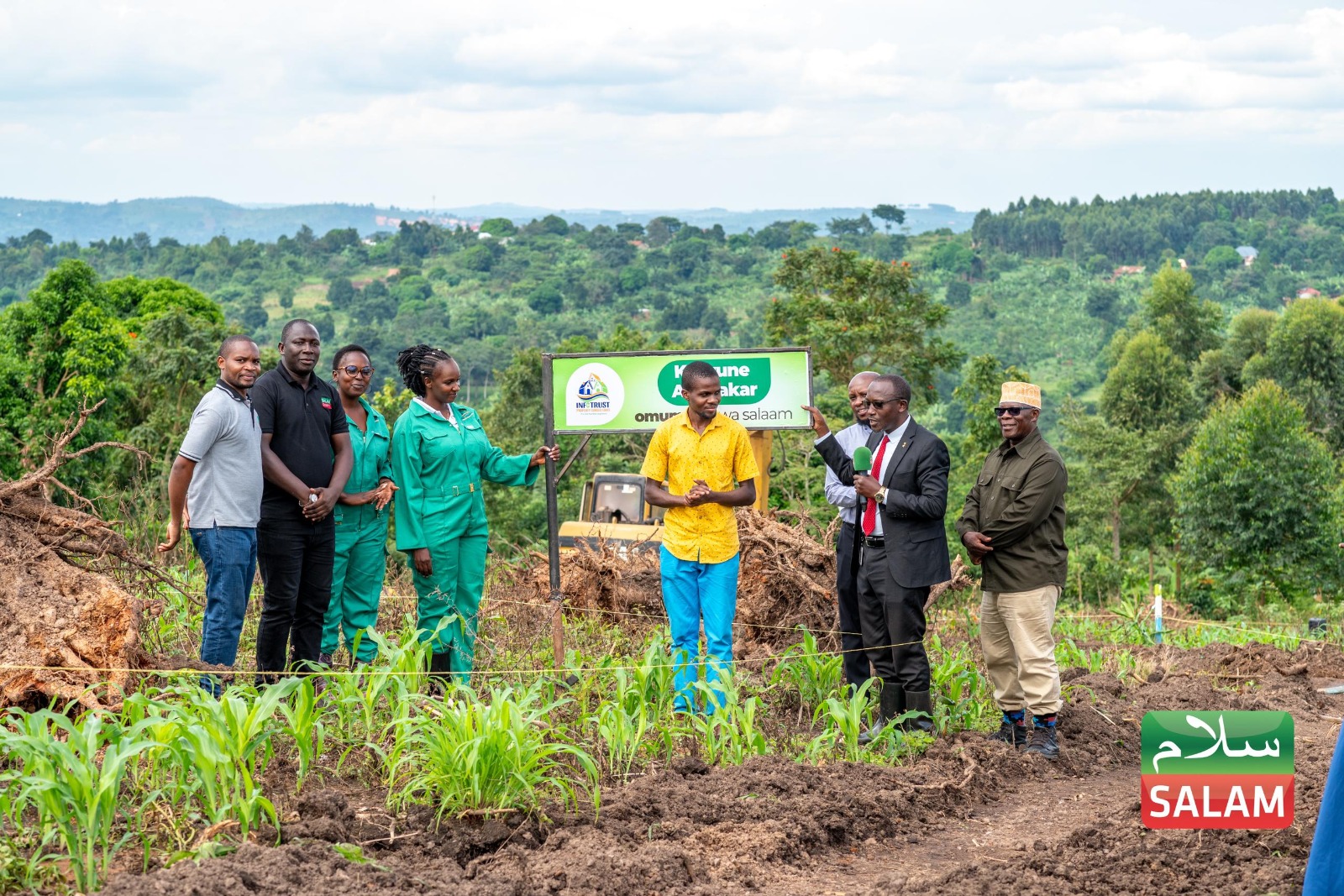Kampala's plastic peril: The urgent call to Address the dangers of poor waste management

In Kampala and metropolitan areas, a silent menace lurks beneath the surface - plastic pollution. Despite its vibrant energy and cultural richness, Kampala is grappling with the adverse effects of poor plastic waste management. This article sheds light on the dangers posed by inadequate waste disposal practices in Kampala and the urgent need for concerted action to mitigate its impacts.
The Plastic Pandemic: Kampala's rapid urbanization and population growth have led to a surge in plastic consumption, resulting in a proliferation of single-use plastics that choke waterways, clog drainage systems, and litter streets. Plastic bags, bottles, and packaging materials are ubiquitous in Kampala's landscape, posing grave environmental and health risks to its residents.
Keep Reading
Environmental Degradation: One of the most visible consequences of poor plastic waste management in Kampala is environmental degradation. Uncontrolled dumping of plastic waste in open spaces and landfills contributes to soil contamination and habitat destruction, exacerbating the city's environmental woes.
Health Hazards: Beyond its environmental impact, poor plastic waste management in Kampala poses serious health hazards to its inhabitants. Burning of plastic waste releases toxic pollutants into the air, leading to respiratory illnesses and exacerbating existing health conditions. Moreover, the accumulation of plastic litter provides breeding grounds for disease-carrying pests, increasing the risk of vector-borne diseases such as malaria and dengue fever.
The consequences of poor plastic waste management extend beyond environmental and health concerns to affect the livelihoods of Kampala's residents. Fishing communities reliant on clean waterways for their livelihoods face dwindling catches and loss of income due to plastic pollution. Additionally, tourism, a vital source of revenue for the city, suffers as visitors are deterred by the sight of litter-strewn streets and polluted waterways.
The Call to Action: In the face of mounting challenges, there is a growing consensus among stakeholders in Kampala about the need for urgent action to address plastic pollution. Civil society organizations, government agencies, and local communities are joining forces to raise awareness, implement waste management initiatives, and advocate for policy reforms.
From community clean-up campaigns to plastic recycling programs, these efforts aim to stem the tide of plastic pollution and build a more sustainable future for Kampala.
As Kampala grapples with the dangers of poor plastic waste management, the need for collective action has never been more pressing. By confronting the root causes of plastic pollution, implementing sustainable waste management practices, and fostering a culture of environmental stewardship, Kampala can overcome this crisis and pave the way for a cleaner, healthier, and more resilient future. The time for action is now, and the fate of Kampala's environment and its people hangs in the balance.





